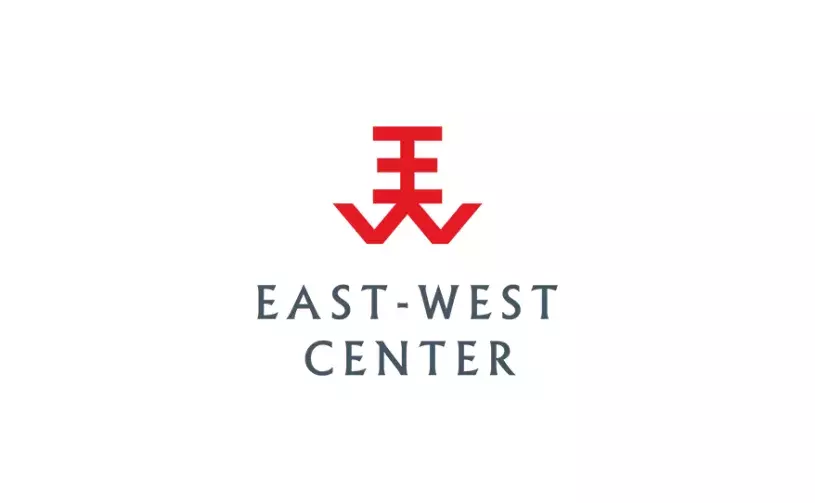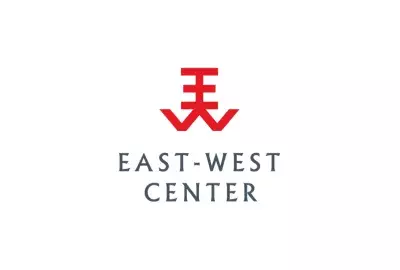Error message

North Korea is an extremely isolated and impoverished nation. While its political elites are able to enjoy some degree of luxury in spite of UN sanctions, the lower classes suffer from shortages of food, electricity, healthcare, and other basic needs. Many of the lower class and fringe populations reside in rural areas with limited infrastructure, and rely on black markets to survive. Their situation could be dramatically improved if electricity could be provided to their communities to power heating, health clinics, manufacturing facilities, fertilizer plants, and water pumps for agricultural irrigation.
Given the unpredictability of the North Korean regime and its known hostility toward the US, any action to benefit the marginal populations there must be done in such a way that the regime can get no benefit. By erecting small wind power arrays connected only to local microgrids, rural residents will benefit without the regime being able to divert the resources. Homes can be warmed in the harsh winters, farmland can be returned to productivity, economic output can be boosted, and health services can be dramatically improved. Resultant environmental benefits will include slowing deforestation and river siltation, which exacerbates floods, will be reduced.
This proposal outlines the needs of the North Korean people, the justifications for helping them, and the specific steps that should be taken by both the public and private sectors to reduce the scale of the ongoing humanitarian crisis.
North Korea is an extremely isolated and impoverished nation. While its political elites are able to enjoy some degree of luxury in spite of UN sanctions, the lower classes suffer from shortages of food, electricity, healthcare, and other basic needs. Many of the lower class and fringe populations reside in rural areas with limited infrastructure, and rely on black markets to survive. Their situation could be dramatically improved if electricity could be provided to their communities to power heating, health clinics, manufacturing facilities, fertilizer plants, and water pumps for agricultural irrigation.
Given the unpredictability of the North Korean regime and its known hostility toward the US, any action to benefit the marginal populations there must be done in such a way that the regime can get no benefit. By erecting small wind power arrays connected only to local microgrids, rural residents will benefit without the regime being able to divert the resources. Homes can be warmed in the harsh winters, farmland can be returned to productivity, economic output can be boosted, and health services can be dramatically improved. Resultant environmental benefits will include slowing deforestation and river siltation, which exacerbates floods, will be reduced.
This proposal outlines the needs of the North Korean people, the justifications for helping them, and the specific steps that should be taken by both the public and private sectors to reduce the scale of the ongoing humanitarian crisis.
East-West Center Working Papers, Environmental Change, Vulnerability, and Governance Series





